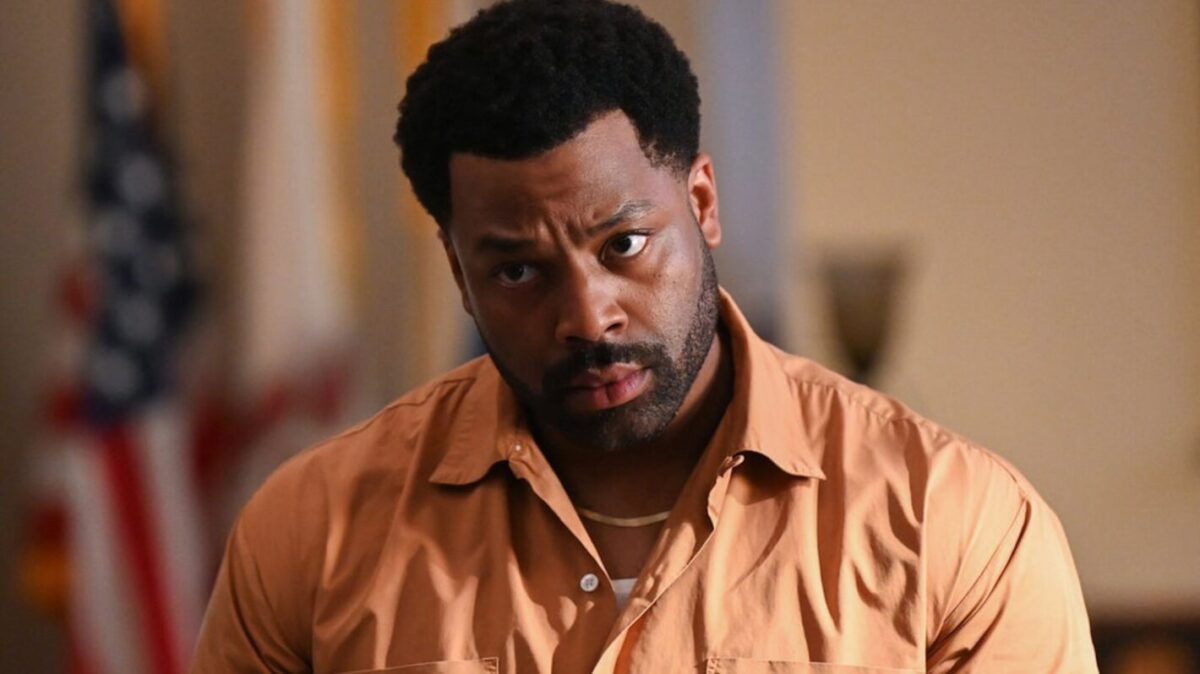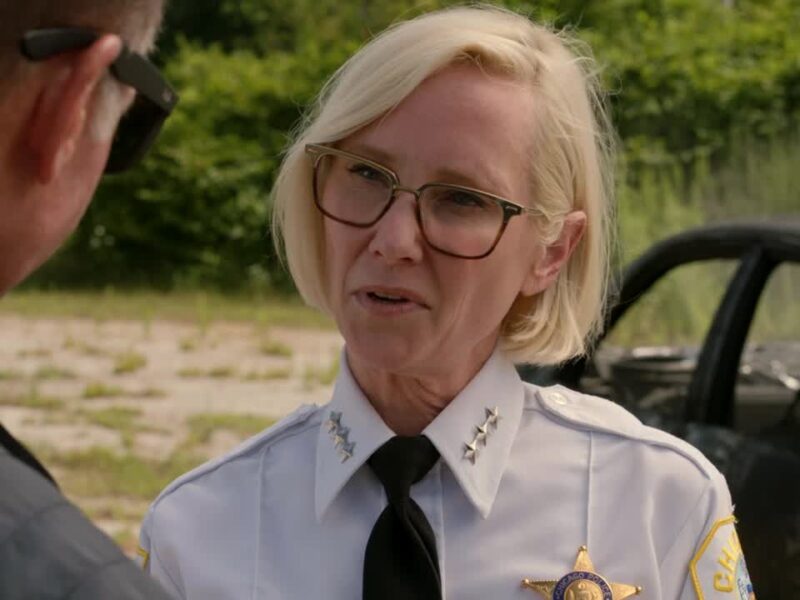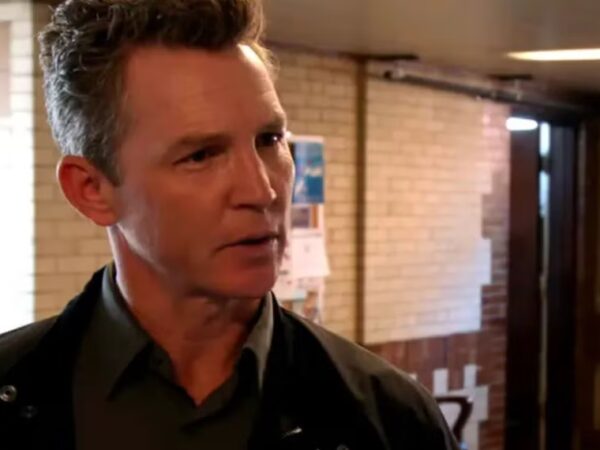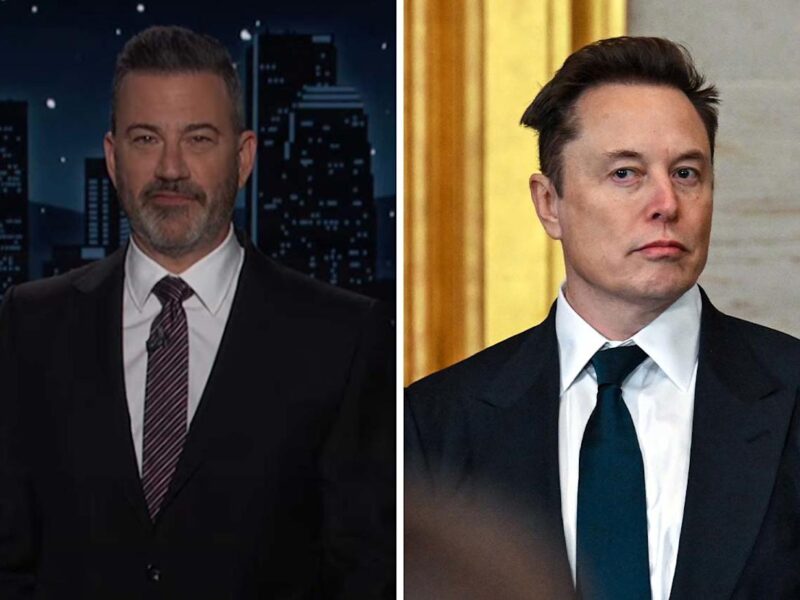After twelve seasons of gritty takedowns, moral gray areas, and character shakeups, Chicago P.D. is a veteran in the procedural game. The series has thrived on its character development just as much as its cases, and no one embodies that growth more than Kevin Atwater. While the Intelligence Unit (IU) has shuffled personnel and ranks over the years, a glaring omission has become more evident: why hasn’t Atwater been promoted to detective yet?
It’s a question many fans are starting to ask, especially with Kim Burgess already stepping up into detective status. As we look toward Season 12, one name rises above the rest when it comes to long-overdue recognition, and that name is Kevin Atwater.
The Quiet Powerhouse of the IU
Atwater, played with consistent conviction by LaRoyce Hawkins, has been with the show since its inception. His presence has remained steadfast while the squad has weathered betrayals, promotions, and even death. Unlike some characters who dominate with loud, aggressive arcs, Atwater has excelled through subtle growth, emotional range, and an unwavering moral compass—even when that compass gets tested.
His character has carried heavy arcs, like the “Street Jesus” episode, where he grappled with covering up for a childhood friend. It was a moment that echoed the inner conflict so many IU members face, but with one key difference: Atwater always finds his way back to doing what’s right, even when it’s hard. As Hawkins himself noted in an interview with The Hollywood Reporter, “I’m proud of the evolution of Atwater… every season we do our best to not just improve, but ask, how do we make more impact?”
That kind of reflective development deserves more than just screen time—it deserves advancement.
Leadership in Action, Without the Title
There’s a reason Kim Burgess was tapped for promotion: her loyalty, tactical mind, and perseverance. But those same qualities define Atwater. In fact, he’s become an unspoken mentor figure for newer IU members like Dante Torres and Kiana Cook. This mentorship dynamic proves that Atwater isn’t just capable of taking orders—he’s ready to lead.
What’s more, when Burgess was promoted, it left Atwater as the longest-standing officer without upward mobility, despite his consistent field performance and emotional intelligence. As pointed out by TV Insider, LaRoyce Hawkins has openly advocated for his character to rise in rank, stating that Atwater “would love to be a detective and serve at a higher level.”
If promotions in the IU are earned through experience and integrity, then Atwater checks all the boxes. His ability to navigate sensitive racial and community issues adds further weight to his resume, proving he’s not only street-smart but socially astute—a rare and vital combo in law enforcement storytelling.
It’s Time for Chicago P.D. to Match Its Character Arcs with Career Arcs
By now, Chicago P.D. has built enough narrative capital to make Atwater’s promotion feel not just earned, but inevitable. The show has taken great care in developing its core cast, but promotions and demotions have often felt arbitrary. Giving Atwater the badge of detective would serve as both a reward and a fresh direction.
It would also signal to audiences that character growth isn’t just emotional—it has tangible, professional consequences. Atwater doesn’t need to change who he is to move up. That’s precisely why he should. The viewers have seen his loyalty, his struggle, his bravery, and his humanity. A promotion would honor that journey and reinvigorate the IU team dynamic.
So here’s the real question: if not now, when?

Open your account on Disney+ and you will have access to movies like Spiderman, Lightyear, Cruella and Pinocchio. You can also watch Star Wars series like The Mandalorian, Andor and The Book of Boba Fett.


















